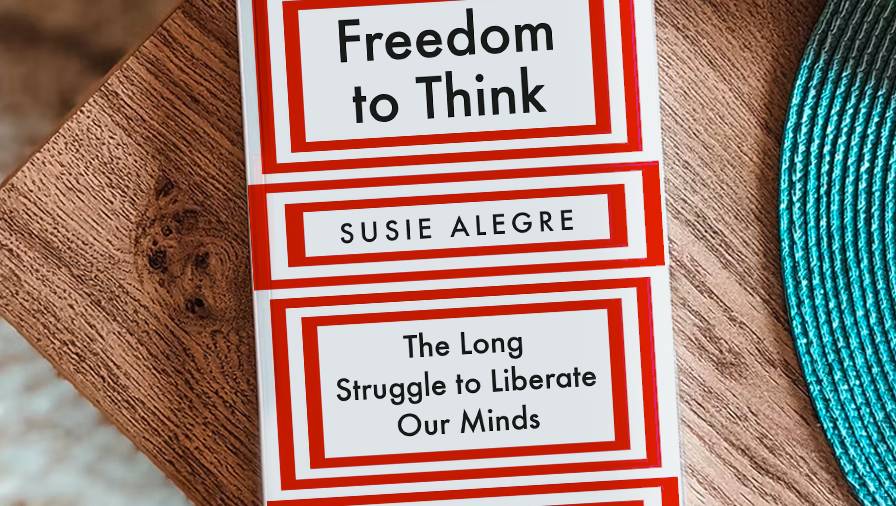A year’s worth of good reading
Nevil Gibson recaps the pick of his book reviews from 2022.
Nevil Gibson.
Nevil Gibson recaps the pick of his book reviews from 2022.
Nevil Gibson.
This column lacks the temerity to suggest a summer reading list for the Prime Minister. However, it can provide a summary of a year’s reading that would enhance anyone’s brain power or decision-making abilities.
Such a list would also, with due respect, do the Prime Minister a lot better than the titles suggested by a panel chosen by the NZIER.
For example, Julia Gillard’s selection of forward-looking feminist essays in Not Now, Not Ever was more than matched by Kate Mosse’s Warrior Queens & Quiet Revolutionaries of past and present achievements by women in history.
Monty Soutar’s chilling work of fiction set in pre-colonial times, Kāwai, topped the bestseller list; but wouldn’t you prefer sharing lockdown times with Lara Feigel ’s Look! We Have Come Through!, a fresh interpretation of DH Lawrence?
Or why read about the collapse of globalisation in Peter Zeihan’s dystopian The End of the World is Just the Beginning when you can appreciate of the positivity of civilisation’s advance in the epic by anthropologist David Graeber and archaeologist David Wengrow, The Dawn of Everything?
The fascination with New Zealand’s conspiracists may interest publishers – Dylan Reeve’s Fake Believe is but one of many – when real politics is more interesting in Christopher Finlayson’s Yes, Minister, in which he is the “nearly perfect” member of John Key’s cabinet.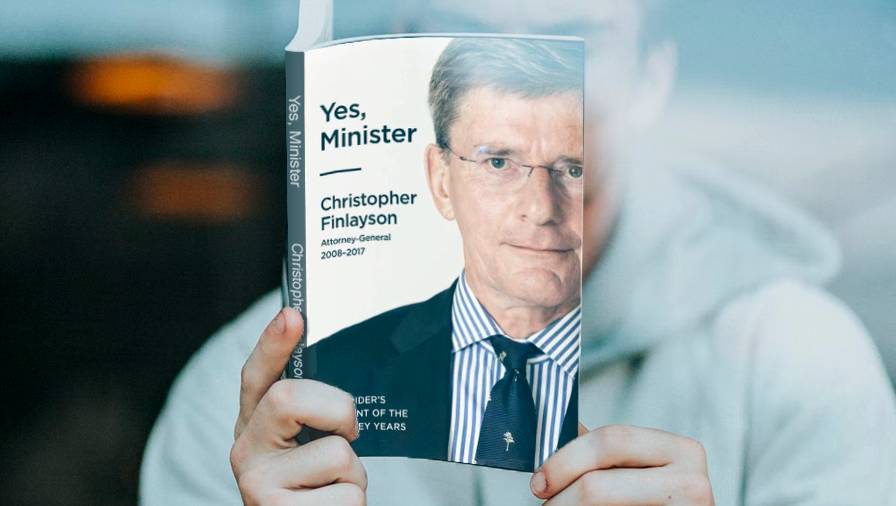
The NZIER panel’s fiction choice, How to Loiter in a Turf War, a novel by Jessica Hansell (aka Coco Solid), may have its admirers but I would counter it with Noelle McCarthy’s autobiographical Grand as an excellent example of mainstream New Zealand writing.
Finally, Nancy Durate’s DataStory may cater to the prime minister’s interest in communications but Dennis Grube’s Why Governments Get It Wrong had more relevant advice about how to succeed in politics. Unfortunately, most of it has been ignored by the Labour government.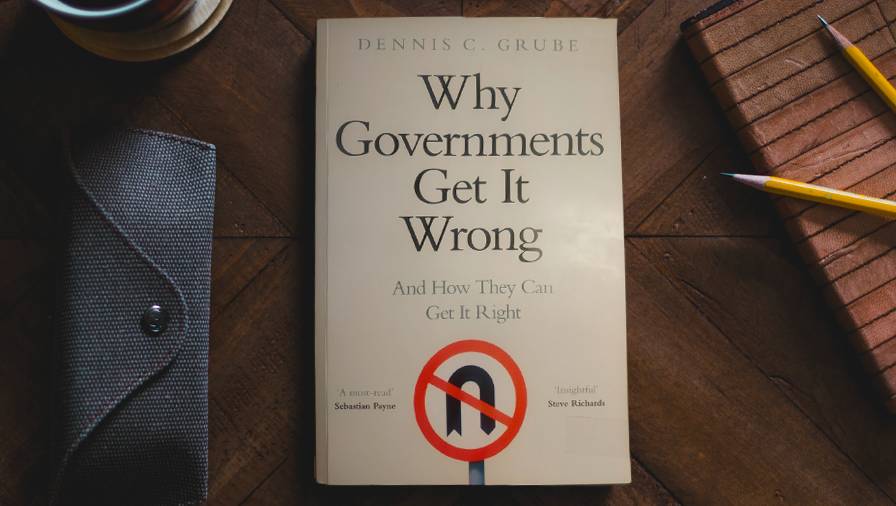
Remarkably absent from the NZIER list was anything to do with the major events that have dictated world affairs in the past year.
Russia’s invasion of Ukraine produced a torrent of topical books, as did China’s reversion to an authoritarian state with portentous implications for New Zealand’s future economic and military security.
Orlando Figes’ The Story of Russia was a scholarly recap of its imperial past, victories and disasters, that led to its present-day sense of inferiority. I have yet to review two more, Philip Short’s mammoth biography, Putin: His life and times, and former UK ambassador Rodric Braithwaite’s racy Russia: Myths and realities.
Vladimir Putin’s Ukraine invasion got up-close and sensationalist treatment from former BBC correspondent John Sweeney in Killer in the Kremlin. 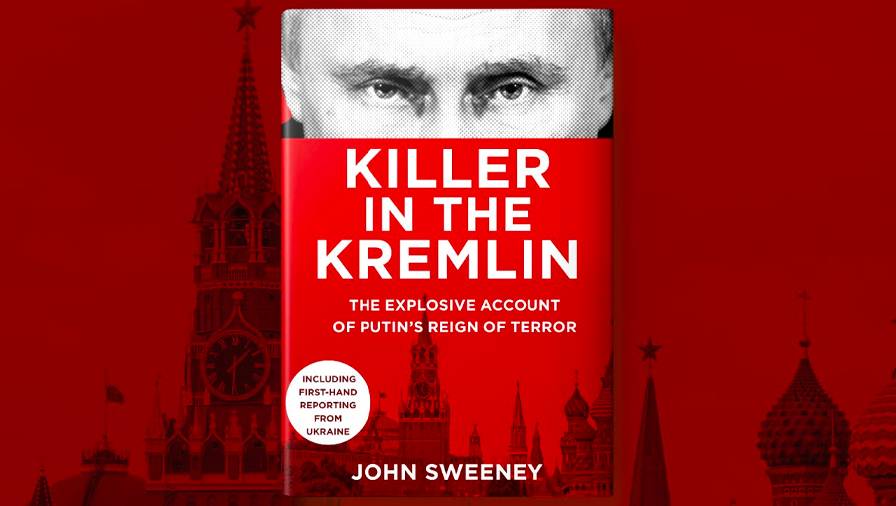
The Cold War was covered from several angles. BBC journalist Martin Sixsmith’s The War of Nerves explored the psychological costs of the West’s response to the aggressive ambitions of the Soviet Union, while Guardian journalist Luke Harding’s Shadow State dealt with the historical role of the KGB, its predecessors, and successors.
Australian-born Richard Kerbaj’s Five Eyes was the first history of how the victorious English-speaking Allies of World War II, including New Zealand, developed a global security intelligence network.
Australia’s experience in combatting subversion and terrorism was explained in Kristy Campion’s Chasing Shadows, which was inspired by the Christchurch mosque shootings and contained some other Kiwi connections.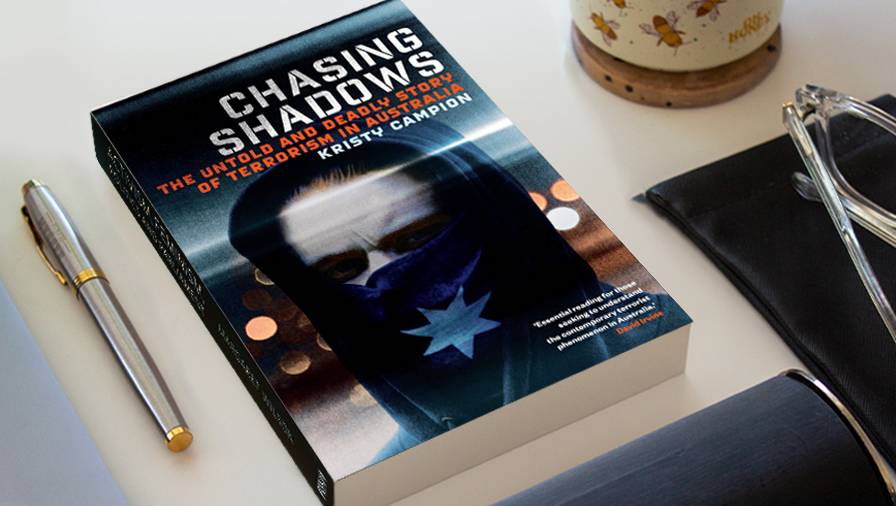
British historian and editor Max Hastings provided a 60th anniversary version of the Cold War’s hottest moment, the Cuban missile crisis, with an exhaustive account told from both sides.
The ignominious side to the rise of the world’s newest superpower was carefully documented in Frank Dikötter’s China After Mao, which complemented his earlier trilogy on Chinese communism.
British correspondent Michael Sheridan’s The Closing of China’s Gateway revealed the machinations behind Britain’s handover of Hong Kong and how promises of autonomy under “two systems” were quickly broken.
A local anthology, Encountering China, edited by academics Duncan Campbell and Brian Moloughney, was highly critical in parts as a variety of New Zealanders told of their experiences.
Last year’s flood of post-Trump books petered out, to be replaced by a couple of typically vigorous insights into American business practices from Wall Street Journal and New York Times journalists, respectively.
Tripp Mickle’s After Steve focused on the Apple computer business and its transition under Tim Cook to an efficient vertically structured company after the death of innovation supremo Steve Jobs.
Walt Bogdanich and Michael Forsythe’s When McKinsey Comes to Town examined the gap between the global management consultancy’s professed values and its practices, which are as sharp and profit-seeking as you can get in modern capitalism.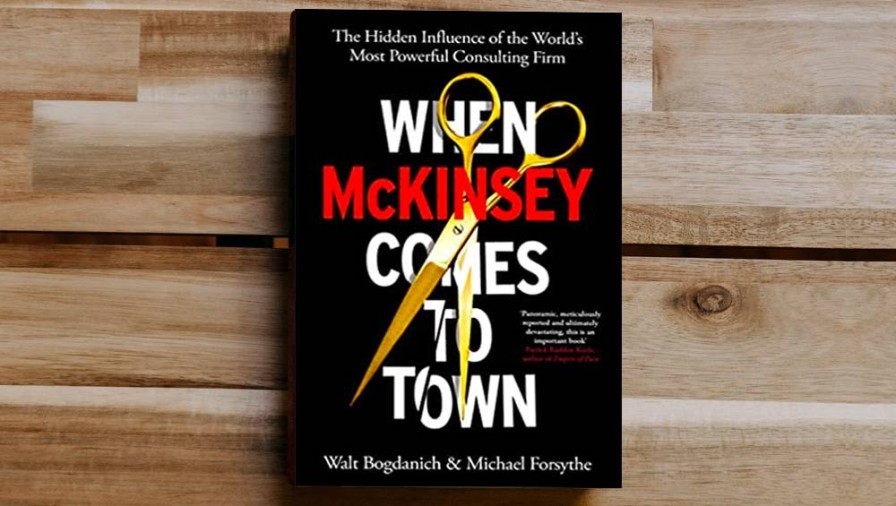
The local business scene produced two modest efforts. The autobiographical Future You by Frances Valintine and Kaz Staples’s The Cereal Entrepreneur held back sensitive information but did reveal stories of personal and business effort triumphing over adversity.
Insights into New Zealand’s history, at a time when it is more contentious than ever, produced the year’s largest volume by far, Ned Fletcher’s The English Text of the Treaty of Waitangi. It was judged scrupulously fair if legalistic when others were neither.
Felicity Barnes’s Selling Britishness explored the use of imperial notions to sell the commodity products of New Zealand and other colonial dominions to British households in the 1920s and 1930s.
The Ministry of Foreign Affairs and Trade commissioned a comprehensive history, New Zealand’s Foreign Service, to mark its 75th anniversary. Historian Ian McGibbon and his contributors showed how official accounts can tell the gossipy side of diplomacy as well as the serious stuff.
Finally, to knock the NZIER list out of the ring, we come to the big ideas books.
Francis Fukuyama, the “end of history” intellectual, delivered a riposte to his detractors in Liberalism and its Discontents, which showed how western democracy could overcome its internal challenges and contradictions when faced with a clear enemy in violent authoritarian states and ideologies.
He was backed up by Yascha Mounk’s The Great Experiment, which focused on western civilisation’s absorption of diversity in ethnicities, religions and cultures as a positive display of globalisation’s strengths.
For those looking to the past for comfort, I found Ryan Holiday’s Lives of the Stoics – the ancient Greek and Roman philosophers who grimly dealt with the realities of life - resonated with NBR readers in world where the conspiracists and socialist utopians rival each other in their misguided directions.
Human rights lawyer Susie Alegre’s Freedom to Think over-rated the threats from artificial intelligence and the internet, but at least its commitment to independence of thought was genuine, while Ed Coper’s FACTS and Other Lies was a well-documented if not wholly convincing history of disinformation. 